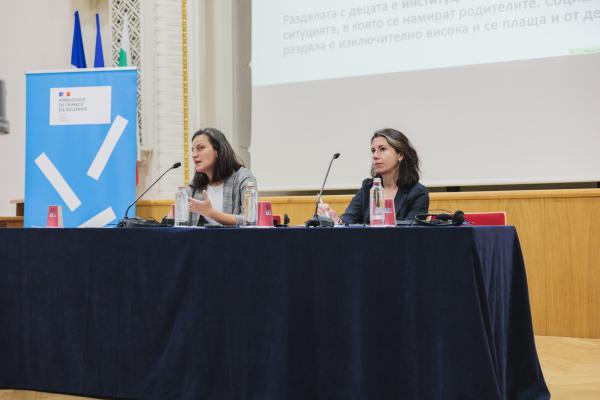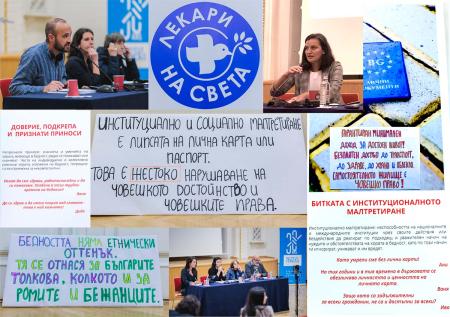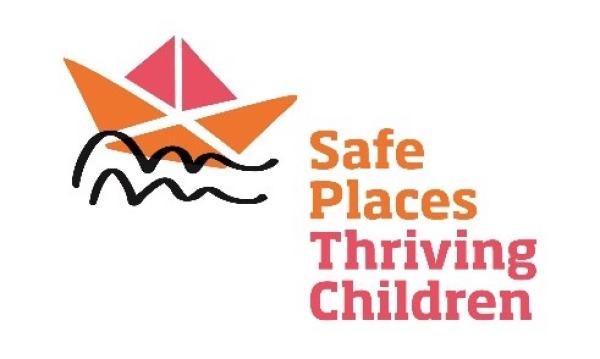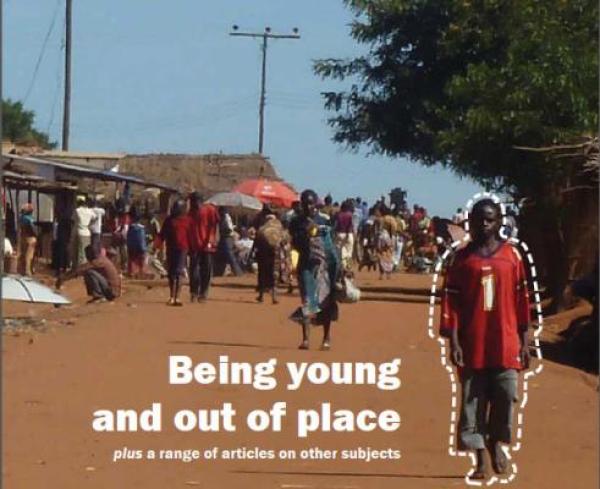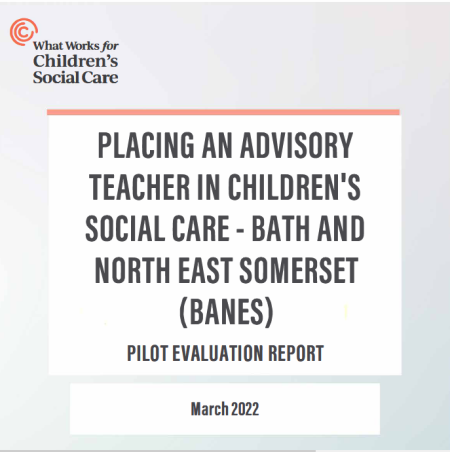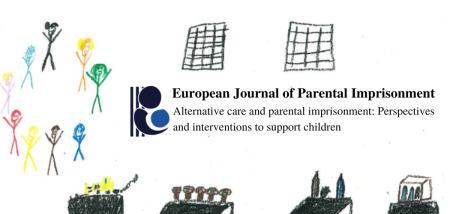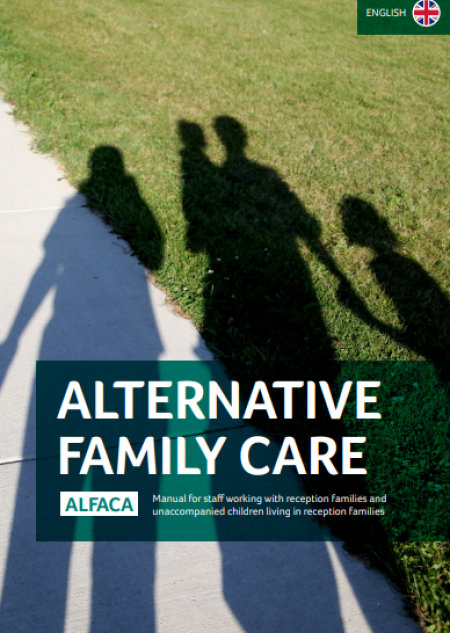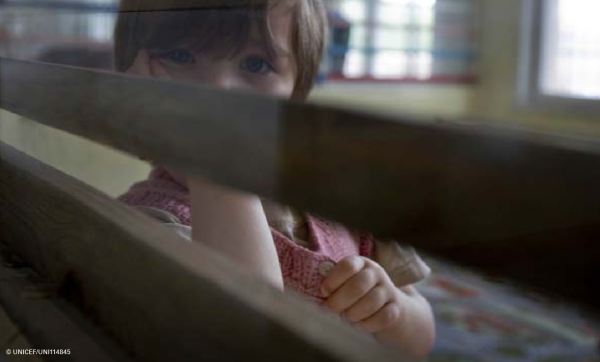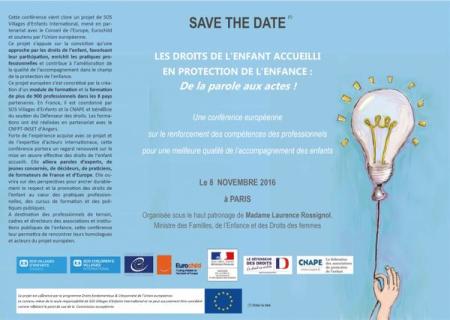Research data from Bulgaria shows that separating children from families does not solve poverty issues, nor it reduces harm and social exclusion
The DataCare country overview for Bulgaria shows that 10,000 children are living in alternative care. Despite the efforts put towards deinstitutionalisation, this figure hasn’t varied significantly over the last 10 years. Additionally, no official data indicates how many children are placed in alternative care solely or as a primary reason due to poverty.
This lack of statistics is due to Bulgarian legislation establishing that poverty cannot be regarded a reason for separating children and families. Nevertheless, according to research data gathered in a series of national studies of the deinstitutionalisation process by the Know-How Centre for Alternative Care for Children, more than 80% of all children living in alternative care might come from background of poverty. The official reason behind these separations is ‘neglect’. Could it really be that almost all neglectful parents in Bulgaria are also poor?
Decisions for family separation are influenced by the flawed belief that if people do not have enough money, they cannot manage their parental responsibilities and that their children need to be saved from harm by being taken care of outside the family. This is not the case for wealthier families, where children are rarely taken out based on the presumption that parents can take care of them despite the problems. In this way, the separation of children from their families becomes a form of punishment to families in vulnerable situations.
The social cost of separating children and families is very high, and it is paid by both parents and children. But separating children is rarely the best way forward, because:
- While life in poverty is not necessarily harmful, separation is always a traumatic experience for a child. The nature of the trauma is different for children depending on their age and the relationship they already have with their parents.
- For children placed in alternative care, the biological family does not cease to exist. Most children remain in contact with their parents, relatives and even siblings, who often turn out to be living in other alternative care services. Thus, children live between their families and the care services. In this double reality, there is often a harmful competition between the parents and the care-givers for who takes better care of the children.
- The quality of care services is not good enough to provide the attachment, security and opportunities for life fulfillment that children need. Instead, services can re-produce forms of marginalisation and social exclusion, in addition to being ineffective as interventions for traumatic experiences.
Therefore, we have two recommendations to deliver change for families in adversity:
- The problems arising from the complex nature of poverty need to be admitted, considered, and reflected in practice and policy. It is necessary to investigate the nature of these problems qualitatively, but also to gather quantitative data.
- Then, it is necessary to evaluate the effect and impact of interventions that are applied in the field of alternative care. That way, we can know how, and to what extent, these interventions contribute to a better life for children from poor families.
It's time to stop hiding behind unclear concepts and blaming parents when it comes to issues that are clearly generated by the extreme, trans-generational poverty in which many people in Bulgaria are born and live. Instead of focusing on ‘saving’ children from poverty, our child protection system needs to engage honestly and competently with the identified problems.
Read the full speech delivered in Sofia on 17 October, the World Day for the Eradication of Poverty, as part of the Dignity for all in practice conference.
This article was written by Evgeniya Toneva - Researcher at Know-How Centre for Alternative Care for Children, New Bulgarian University.

